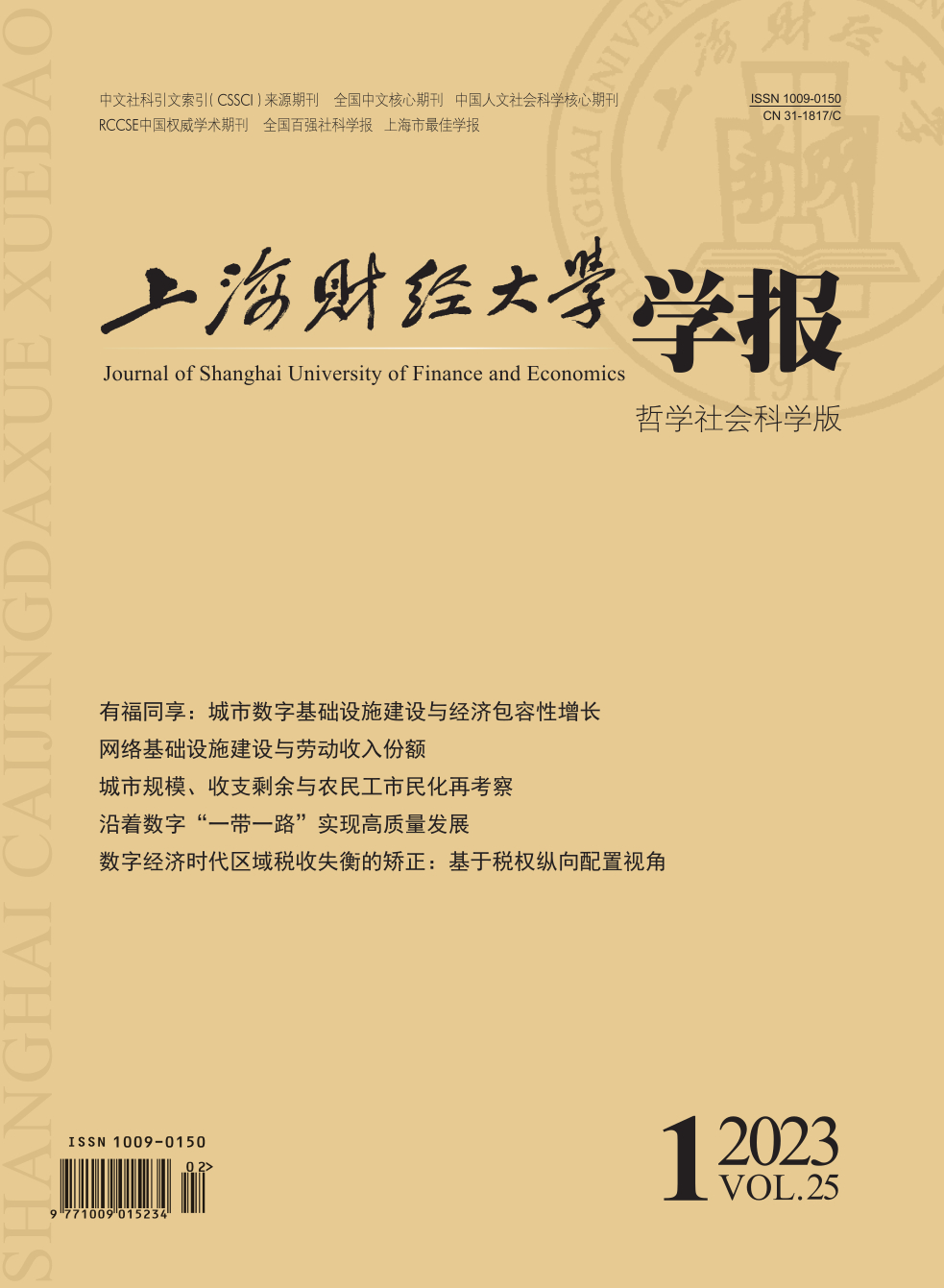The development of urban economic construction should be based on coordinated social and economic development and the fair and reasonable sharing of the fruits of economic growth by individuals, i.e., urban development should achieve inclusive growth. Whether digital infrastructure construction has contributed to the inclusive growth of China’s economy is an urgent question to be answered. This paper takes the “Broadband China” policy implemented in batches in China from 2014 to 2016 as a quasi-natural experiment. On the basis of building a Global Malmquist-Luenberger index to scientifically measure the level of inclusive growth, based on the panel data of 280 cities in China from 2007 to 2019, and using the DID model, spatial DID model and instrumental variables, this paper deeply analyzes the relationship between digital infrastructure construction and inclusive growth of the economy in Chinese cities. The study finds that the “Broadband China” policy significantly promotes the inclusive growth of the economy in Chinese cities, and it has a promotion effect and a cumulative effect. The conclusion is still valid after using the PSM method, lagged treatment method, instrumental variable method, replacing explanatory variables, narrowing the city scope, and mitigating the impact of selection factors for robustness tests. Mechanism analysis shows that the expansion of digital inclusive financial coverage, the improvement of public service level, and the upgrading of industrial structure are important mechanisms of digital infrastructure construction for the inclusive growth of the economy. Heterogeneity analysis shows that digital infrastructure construction has a more significant promotion effect on the inclusive growth in eastern and central regions, large and medium-sized cities, and regions with a higher level of traditional infrastructure and high innovation vitality; while in western regions, small-sized cities, and regions with a lower level of traditional infrastructure and low innovation vitality, digital infrastructure construction does not promote the inclusive growth of the economy. In addition, digital infrastructure construction not only has a significant positive effect on the inclusive growth of the economy in the city where it is located, but also has a significant contribution to the inclusive growth of the economy in neighboring cities. That is, digital infrastructure construction has a positive spatial spillover effect on the inclusive growth of the economy in cities. This paper enriches the research on the influencing factors of inclusive growth and is also an effective supplement to the research on digital infrastructure construction. The findings provide a reliable empirical basis for digital infrastructure construction to help the economy achieve inclusive growth, and also provide a decision-making reference for developing digital infrastructure, building digital China, and giving full play to the inclusive growth effect of digital infrastructure.
 / Journals / Journal of Shanghai University of Finance and Economics
/ Journals / Journal of Shanghai University of Finance and EconomicsJournal of Shanghai University of Finance and Economics
LiuYuanchun, Editor-in-Chief
ZhengChunrong, Vice Executive Editor-in-Chief
GuoChanglin YanJinqiang WangWenbin WuWenfang, Vice Editor-in-Chief
Sharing the Benefits: Digital Infrastructure Construction in Cities and Inclusive Growth of the Economy
Journal of Shanghai University of Finance and Economics Vol. 25, Issue 01, pp. 3 - 18 (2023) DOI:10.16538/j.cnki.jsufe.2023.01.001
Summary
References
Summary
Cite this article
Deng Rongrong, Wu Yunfeng. Sharing the Benefits: Digital Infrastructure Construction in Cities and Inclusive Growth of the Economy[J]. Journal of Shanghai University of Finance and Economics, 2023, 25(1): 3-18.
Export Citations as:
For




 5823
5823  9077
9077

